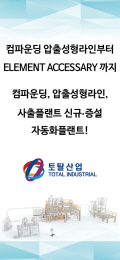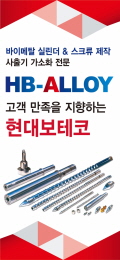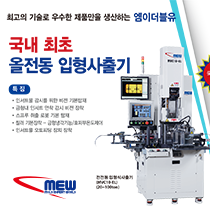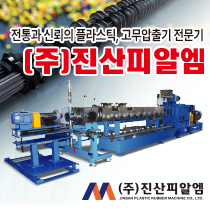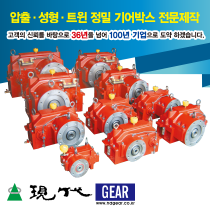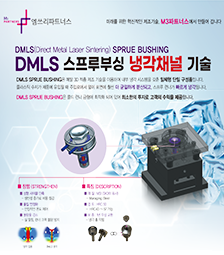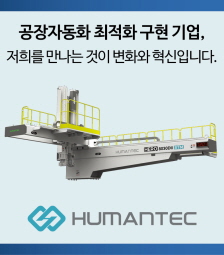Kickstart: With EV sales increasing, batteries becoming a bigger questionWith EV sales increasing, batteries becoming a bigger questionWith electric vehicle sales picking up — EV sales were up 60 percent for the first quarter of 2022 and made up a record 4.6 percent of all U.S. sales — the auto industry and environmental groups are taking a harder look at what to do with the batteries in those cars once they reach the end of their life.Recycling for traditional batteries can be a mess. Polypropylene from cases have been relatively easy to recycle and turn back into new battery casings, but the lead and other chemicals in those battery have proven far more challenging. (The Tampa Bay Times won a Pulitzer Prize this week for its coverage of the health hazards related to lead battery recycling.)Lithium-ion batteries pose a different kind of challenge, because the chemistry for them includes valuable materials like lithium that are important to recover and use again. The plastics used in separator film and structural frames tend to get less attention related to recycling, although Singapore-based Ace Green Recycling Inc. said earlier this week it will build a plant in Texas to reclaim 15 million pounds of plastics each year from lead and lithium-ion batteries.The Alliance for Automotive Innovation on May 11 introduced what it termed a framework to "support and sustain a domestic circular economy for EV batteries, create manufacturing jobs, boost U.S. energy security and reduce reliance on critical mineral imports."Investments in EV batteries are expected to hit $515 billion by the end of this decade, our sister paper Automotive News writes.An appropriate material for a grand openingAny company can have a ribbon-cutting ceremony. When pipe maker Uponor North America marked the opening of its $5.5 million, 25,000-square-foot expansion in Hutchinson, Minn., it had a pipe-cutting ceremony.The expansion will support the growth of Uponor's cross-linked polyethylene pipe manufacturing. Apple Valley, Minn.-based Uponor North America is part of Finland-based Uponor Corp.The PEX pipe used for the ceremony was specially marked with the date and location and given to attendees after the event.Dancing into the hallWe've written many times about the Toy Hall of Fame, but the Strong National Museum of Play in Rochester, N.Y., is also home to the World Video Game Hall of Fame.While there are plenty of plastic components within any electronic toy, one of the inductees for 2022 relies even more on plastic, in this case a PVC sheet with sensors that make up the playing surface for home versions of Dance Dance Revolution.Like the Toy Hall of Fame, video games must meet certain criteria to qualify for a spot in the hall: Be considered an icon, show longevity, have wide geographical reach and influence other games.Since its debut in 1998, Dance Dance Revolution (also known as Dancing Stage in some areas) has gone on to influence other music-based video games with their own unique plastic interfaces for play, such as Guitar Hero and Rock Band. source : https://www.plasticsnews.com/kickstart/ev-sales-increasing-batteries-become-bigger-questionedit : handler
Editor
2022-05-16

